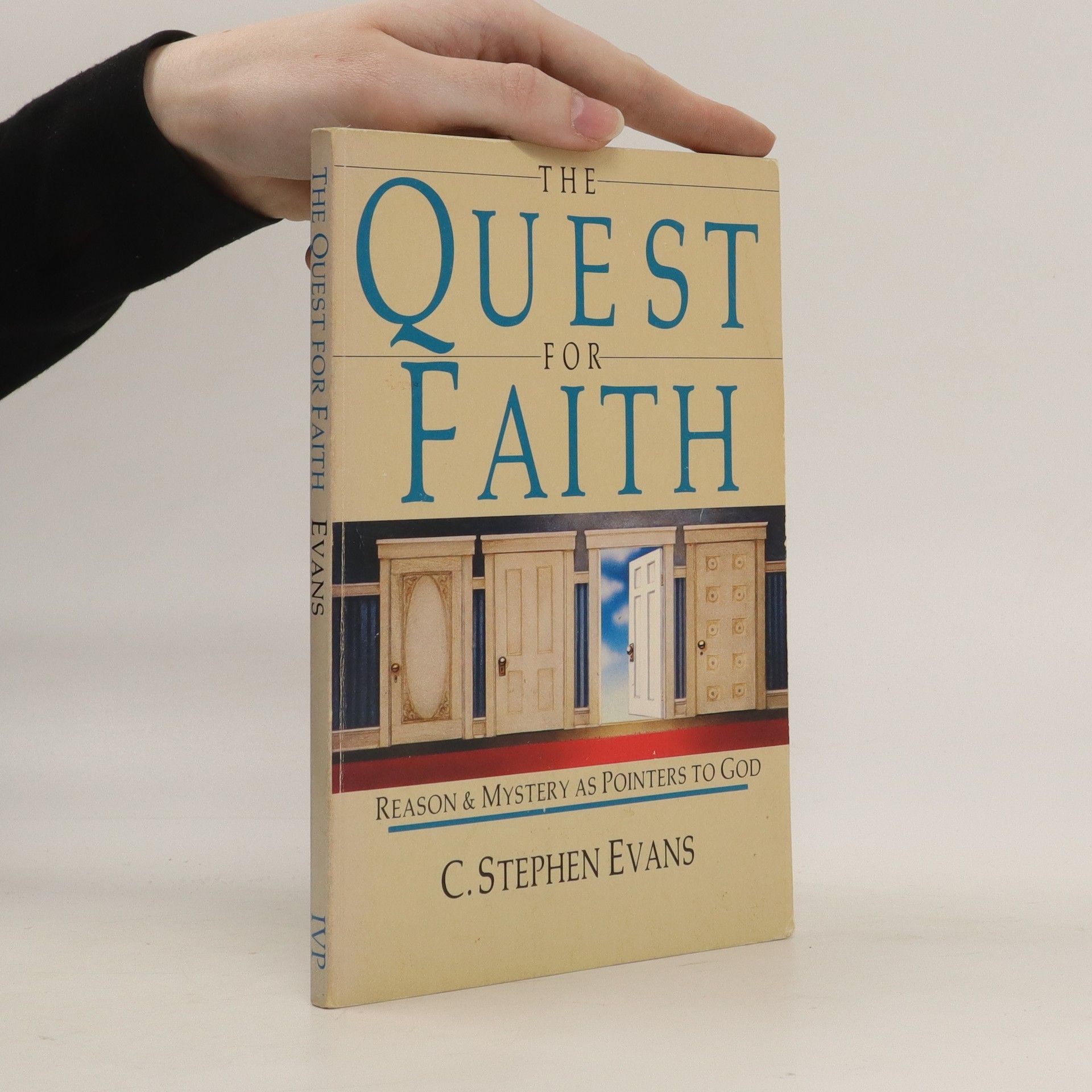C. Stephen Evans Livres
C. Stephen Evans est un historien et philosophe américain de premier plan, spécialisé dans Søren Kierkegaard. Son travail plonge profondément dans des thèmes existentiels et philosophiques, en mettant l'accent sur les perspectives uniques de Kierkegaard sur la condition humaine. L'approche analytique d'Evans révèle les complexités de la foi, de la raison et de l'identité, offrant aux lecteurs des perspectives provocatrices sur les questions profondes de la vie.



Generations is an evening of three thought-provoking one-act plays inspired by the mysteries and magic between generations. In Monuments by Stephen Evans, an aging Ralph Waldo Emerson travels down the Nile river with his daughter, struggling with memory yet suffused in memories. In Last Laug h by Morey Norkin, an ailing and unsuccessful comic attempts to bridge the gaps with a younger colleague anticipating her big break. In Late Nights in Car s by Michael Gilles, the ever-mutable dynamics of fathers and daughters unfolds through the cars they drive and the forces that drive them. Generations has seven characters (three male, four female, played by two or more actors), three simple unit sets, and requires no complex effects.
Drodzy Czytelnicy, przekazujemy w Państwa ręce opracowanie, w którym postawiliśmy sobie za cel scharakteryzowanie obrzęku – jednego z najpowszechniej występujących objawów. Przedstawiliśmy kluczowe informacje na temat patomechanizmów rozwoju różnych jego typów. Ta wiedza pozwoli lepiej zrozumieć naturę obrzęków, a także skutecznie poprowadzić diagnostykę różnicową i wdrożyć odpowiednią terapię. Podczas przygotowywania książki przekonaliśmy się po raz kolejny, że na temat tego kluczowego i częstego objawu opublikowano niewiele prac, które spełniają kryteria evidence-based medicine. W naszej publikacji staraliśmy się przytoczyć dane z takich opracowań i na ich podstawie zaproponować algorytmy diagnostyki i leczenia. Pozostaje w nas jednak wrażenie, że diagnostyka przyczyn obrzęków, właściwa interpretacja kliniczna ich znaczenia oraz dobór odpowiedniej terapii pozostają wypadkową wiedzy i doświadczenia klinicznego. Wyrażamy nadzieję, że nasze opracowanie okaże się pomocne w Państwa codziennej pracy lekarskiej, zarówno w ambulatorium, jak i na oddziale szpitalnym. Zapraszamy do lektury.